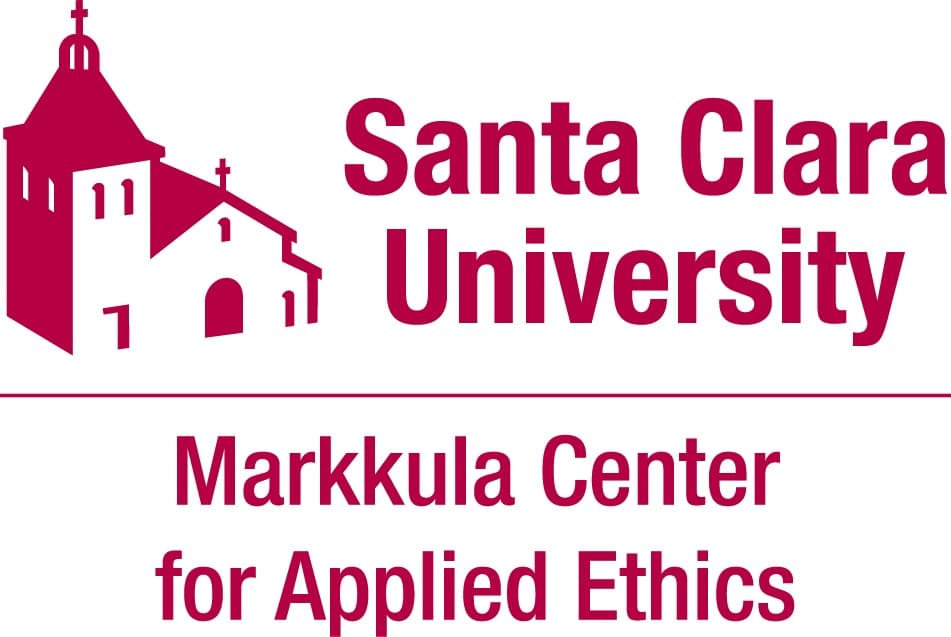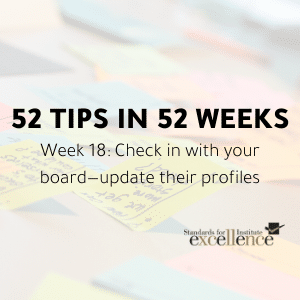Why Clear Expectations Matter for Nonprofit Board Members
by Wendy Wolff, Director of Strategic Engagement, Maryland Nonprofits
Serving on a nonprofit board is an honor—and a responsibility. Yet too often, board members join without clear guidance on what is expected of them. Without written expectations, it’s easy for confusion to set in, leading to uneven engagement and, at times, frustration for both the board and staff.
That’s why establishing written expectations for board members is critical. As the Standards for Excellence®: An Ethics and Accountability Code for the Nonprofit Sector puts it:
“Establishing written expectations for board members is a great way of communicating clearly to board members with regard to their role as a nonprofit board member.”
Board members play many roles in advancing a nonprofit’s mission. They are fundraisers, strategic thinkers, committee members, and ambassadors who actively participate in programs and represent the community the organization serves. When these expectations are documented and communicated clearly, board members have the tools they need to perform with confidence and purpose.
There are several simple, effective ways to share these expectations:
- Board member position description – A written role description sets the foundation for accountability and clarity.
- Welcome letter from the board chair – A personalized message outlining expectations helps new members feel both supported and responsible.
- Board commitment form – By signing a pledge to fulfill their responsibilities, members demonstrate accountability and ownership of their role.
When expectations are clear, board members are empowered to make thoughtful decisions, steward resources wisely, and help build a culture of fairness, equity, and inclusion. Ultimately, clarity ensures that everyone—board, staff, and volunteers—works in harmony to advance the mission.
If your board hasn’t yet put expectations in writing, now is the perfect time to start. Members of the Standards for Excellence Institute (or of our nationwide partners) have access to an extensive library of educational resource packets covering a wide variety of nonprofit topics including board communications, as well as sample board position descriptions. Become a member today!
The Standards for Excellence tools can help you implement and evaluate progress. If you’re curious about how your organization’s practices align with proven practices, try the Standards for Excellence® free online self-assessment. This tool helps nonprofits evaluate their governance and management practices, producing a professional report that highlights strengths and areas for growth.
Take the free assessment here: Standards for Excellence Self-Assessment



